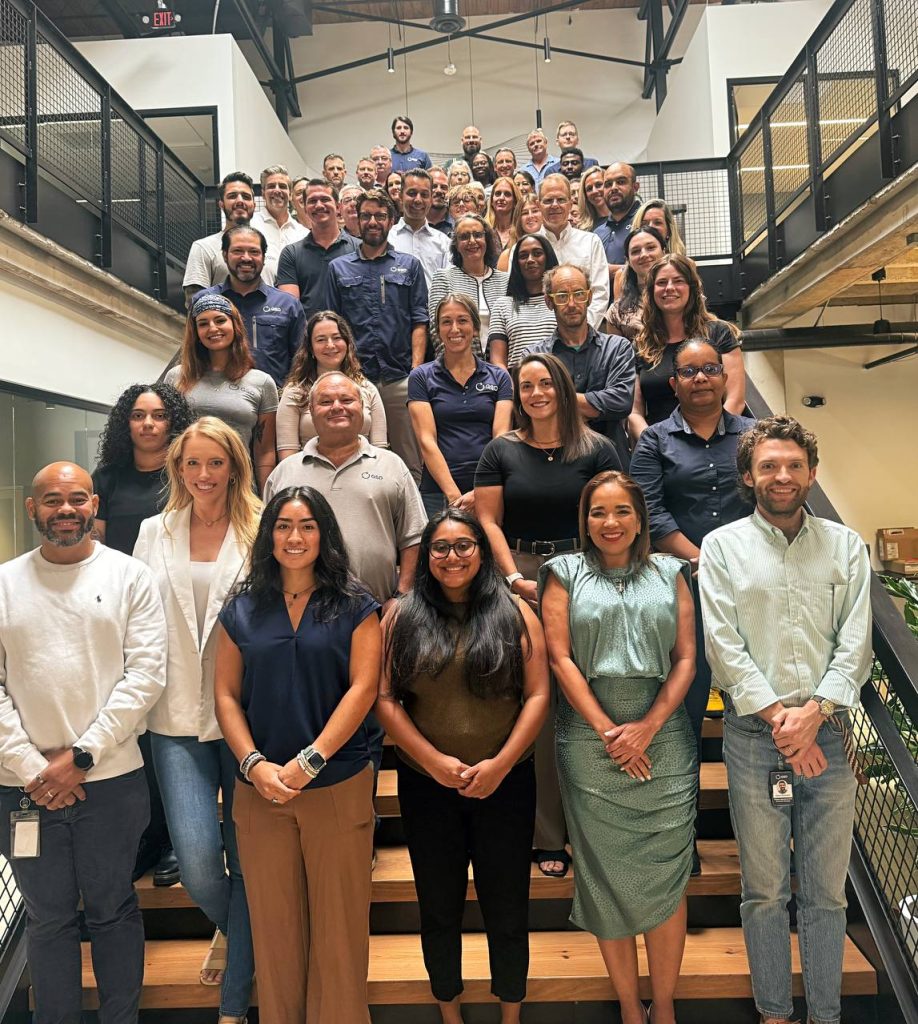Social Impact Internships: Jill Butler (’27)
My name is Jillian Butler and I am a rising junior here at MIT majoring in math and computer science. This summer I interned with Global Support and Development (GSD), a nonprofit organization with a mission to enhance disaster response and preparedness for countries in the Caribbean. I worked specifically with the Maritime Access Team (MAT), a team of divers that assess underwater infrastructure after disasters and collect bathymetric data to survey the ocean floor. I created a data management framework for this bathymetric data and researched applications for GSD to expand their utilization of this data.

Coming into this internship, I wasn’t entirely sure what to expect from this role and how I could best contribute to furthering GSD’s mission. As someone from a technical background, I hadn’t given much thought to humanitarian and social impact work. I’m thrilled to say that this experience completely shifted my perspective! Throughout this summer, I discovered a surprising array of career paths in the humanitarian sector that blend with my interests in computer and data science.
I wasn’t super familiar with the disaster response sector going into my internship, but I thankfully had the opportunity to learn about the operations behind GSD’s work. One of the most impactful things I was told during my internship is “There is no such thing as a natural disaster.” While this may sound confusing at first, my supervisor explained that there are hazards and disasters. Hazards are the natural phenomena, like hurricanes and tornados, and disasters are the negative impacts on communities. This crucial distinction highlights a powerful truth: by strengthening communities with essential resources like clean water, internet access, and reliable infrastructure, they can better withstand the devastating effects of hazards. This shift in terminology emphasizes the importance of proactive community building and resilience.
Working with GSD also revealed the complexities behind disaster response. With the different teams throughout GSD, there are a lot of risks during disaster response and working with other government and private organizations. I initially thought this work would be pretty straightforward, but I quickly learned about the nuances to truly ensure that you leave a place better than when you arrived. This includes the vital importance of safeguarding vulnerable citizens, which is a core principle behind GSD’s operations.
Additionally, through my research on bathymetric data I was introduced to a multitude of universities and research organizations that focus on humanitarian and climate change research. I didn’t realize the number of people throughout the world who have dedicated their work towards improving other’s lives and protecting the natural beauty of our world. I also didn’t understand the overlap between climate change resilience and disaster preparedness. By increasing the resilience of ecosystems, like coasts and coral reefs, we can significantly mitigate the effects of future hazards. This interconnectedness was a powerful revelation, further revealing the impact of my work at GSD.
My summer at GSD was an incredibly enriching experience, fundamentally changing my view on humanitarian work. My biggest takeaway is that there is a role for everyone in social impact, no matter your background. Whether it be next summer or later down the line, I definitely want to return to humanitarian work!
Tags: Climate Change, Social Impact Internships, Social Impact Internships 2025, Social Impact Internships Summer 2025, Tech for Good
